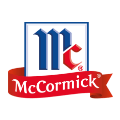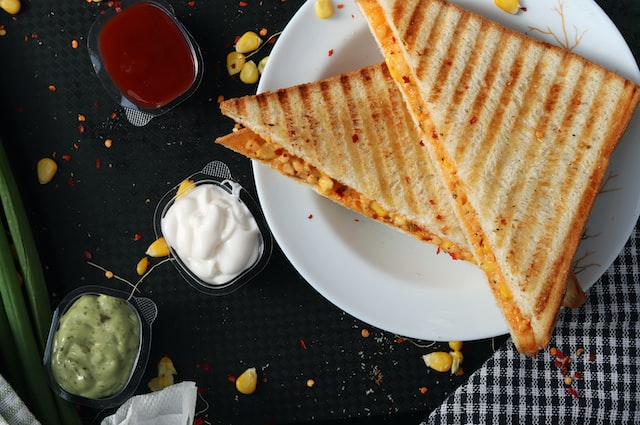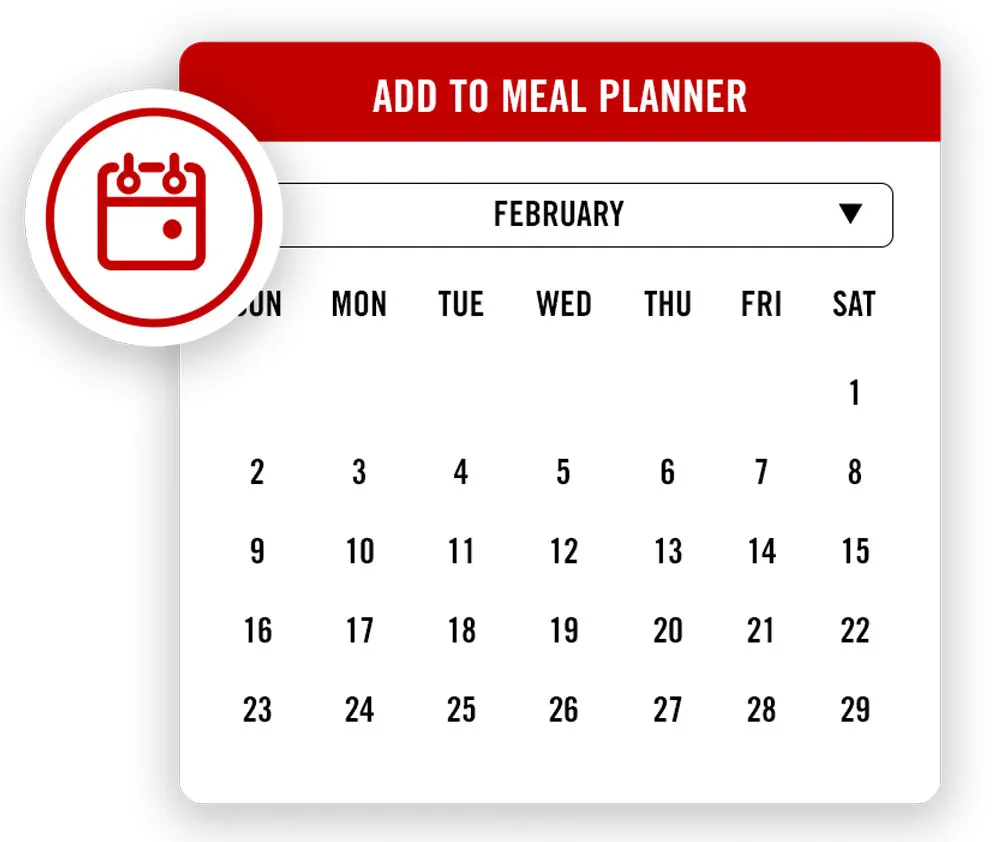The comfort a perfectly-made grilled cheese sandwich can bring on a cold, damp day is priceless.
With just three main ingredients to work with – bread, cheese, and butter – it's easy to see why grilled cheese is a staple on nearly every diner, restaurant, and kitchen table.
The modern grilled cheese was originally just an open-faced sandwich with shredded cheese made on naval warships during World War II. In 1949, after Kraft Singles entered the market, there was a shift from open-faced sandwiches to bread on both sides. The grilled cheese as we know it today wasn't technically recognized until the 1960s.
Not only is grilled cheese easy to make, but it's also a cheap and easy meal perfect for weeknights or even lunchtime if you're working from home.
Yet, the key to making the perfect grilled cheese can be elusive. Cooking a grilled cheese too fast can leave you with unmelted cheese – but so can using certain types of cheeses.
If you have extra time to make dinner tonight, give these grilled cheese pro tips a try.
The Type of Cheese Matters
If you grew up in America, chances are you're familiar with grilled cheese made with American cheese. You may also have core memories of the sound of Kraft Singles plastic crinkling as the piece of cheese food was unwrapped and slapped on a piece of white bread, the golden yellow square softening around the sides of the bread in the pan.
Don't get us wrong: we love a quick and dirty grilled cheese, but different cheeses shift the taste of your sandwich and melt differently.
On Reddit's r/foodhacks subreddit, one user suggests shredded cheese over slices to get a good melt on your cheese. Cheddar cheese works great shredded, but when you're considering age and sharpness, aim for a younger cheddar. The younger the cheddar, the more moisture, making for a better melt.
Provolone is another great melty cheese to try, says another user. But if you're going to try provolone, opt for deli slices. This cheese gets oily and stretchy as it melts rather than thick and creamy, making it ideal for any hot sandwich.
If you're daring, try mixing the type of cheese you use. For instance, one Redditor wrote they used sharp cheddar and gruyère for a sharp taste and lots of melt.
Swap Butter for Mayo
Everyone knows grilled cheese is toasted in butter. But, a growing number of foodies and recipes call for swapping out butter for mayonnaise. One Reddit user even promises it's "better than butter."
So if you want to make the swap to mayo, there are a few things you need to know. First, don't use lite mayo; there's more water than fat, so you'll end up with a soggy sandwich instead of the golden toast you were looking for.
Photo by Pixzolo Photography
The main difference between cooking in butter and mayo is the taste. "That extra tanginess can't be beat," one Reddit user wrote about mayo-made grilled cheese.
If you can't decide which to use, another user suggested adding mayo on the outside of the sandwich and butter on the inside. Using this method, they've produced crispy, golden grilled cheese without losing the buttery taste.
Cook Low and Slow
When it comes to cooking your grilled cheese, every expert says the same thing: you're going to need a lot of patience. The key doesn't necessarily lie in the type of cheese or whether you use mayo or butter, but in how much heat and how long you cook your grilled cheese.
If you want perfect golden toasted bread and very melted cheese, you will want to grill your sandwich for a long time on low heat. Cooking your grilled cheese on high heat will still get you the perfect toast quickly, but chances are your cheese will still be solid when it hits your plate.
To curb your impatience and to help create a uniform browning and melting, one Redditor recommends putting a lid over your pan while your sandwich cooks. Flip your sandwich when you've reached the desired toasted results on one side, and don't forget to recover your pan. Happy cooking!
This article was written by Nicole Tommasulo from Wealth of Geeks and was legally licensed through the Industry Dive Content Marketplace. Please direct all licensing questions to legal@industrydive.com.







